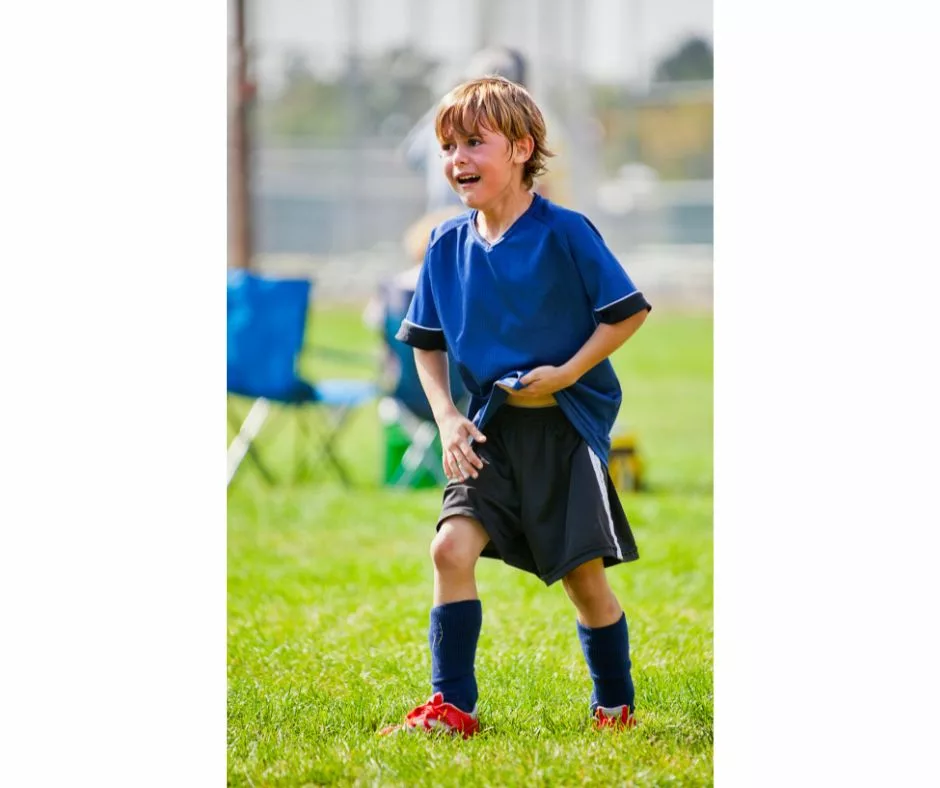In the dynamic world of sports, performance anxiety can be a formidable opponent for athletes of all ages, including young competitors. Defined as the fear of underperforming or failing in a competitive setting, performance anxiety can manifest in a variety of ways, from pre-game jitters to full-blown panic attacks. As coaches, mentors and parents, it’s crucial to recognize the signs of performance anxiety in young athletes and provide them with the tools and support they need to overcome it.
What is Performance Anxiety in the realm of sport?
Performance anxiety, also known as « game-day nerves » or « choking under pressure, » is a psychological phenomenon characterized by heightened stress, fear, and self-doubt before or during a competitive event. It can manifest as physical symptoms such as rapid heartbeat, sweating, nausea, or trembling, as well as mental and emotional symptoms like negative self-talk, perfectionism, or fear of failure.
Are young athletes experiencing it?
Absolutely! Performance anxiety is not limited by age, even young athletes can experience it. In fact, the pressure to perform well and meet expectations can be especially intense for children, who may lack the coping mechanisms and experience of their older counterparts. Common triggers for performance anxiety in young athletes include fear of letting down parents, coaches, or teammates, as well as the pressure to succeed academically or socially.
How to recognizing in a child?
Recognizing performance anxiety in young athletes requires attentiveness to both their verbal and non-verbal cues. Pay attention to signs such as nervousness before games or practices, excessive worry about performance outcomes, avoidance of competitive situations or changes in behavior or mood leading up to events. Additionally, listen to how they talk about their sport and observe how they interact with teammates and coaches for potential indicators of underlying anxiety.
What to do to help them manage it?
Supporting young athletes in managing performance anxiety begins with creating a supportive and understanding environment where they feel safe expressing their concerns and fears. Encourage open communication and validate their feelings, emphasizing that it’s normal to feel nervous before competitions. Teach them relaxation techniques such as deep breathing, visualization or progressive muscle relaxation to help calm their nerves. Additionally, help them set realistic goals, focus on the process rather than outcomes and develop a positive mindset through affirmations and self-talk. Consider seeking the guidance of a sports psychologist or mental skills coach for specialized support and strategies tailored to your child’s needs.
Tip
Encourage your child to focus on what they can control, such as their effort, attitude and preparation, rather than worrying about external factors or outcomes beyond their control. By shifting their focus from fear of failure to a mindset of growth and learning, they can approach competitions with confidence, resilience, and a greater sense of enjoyment!

